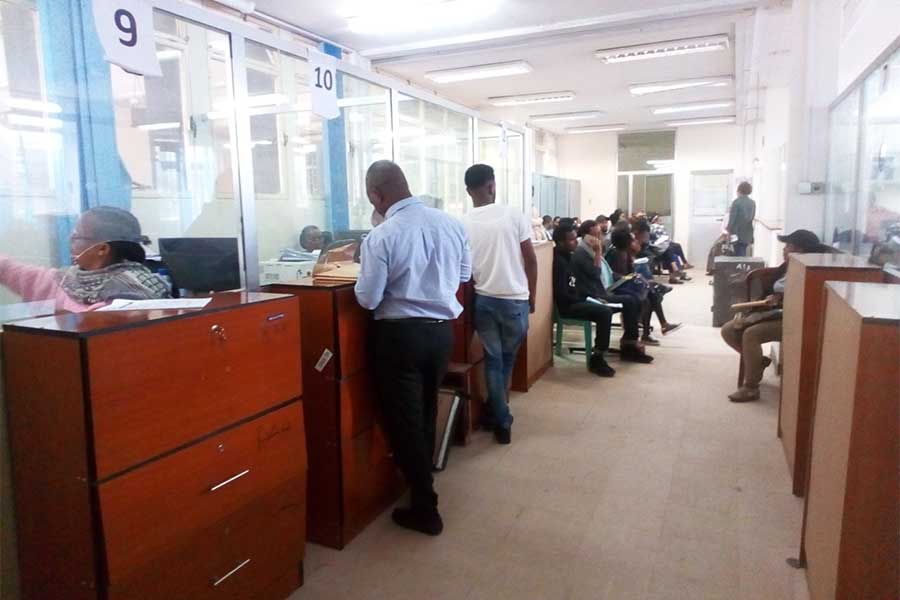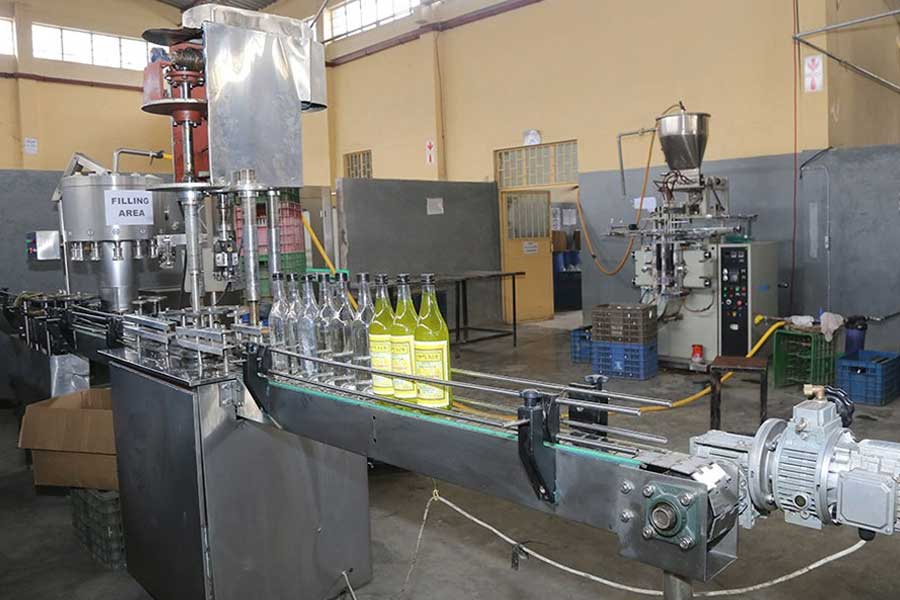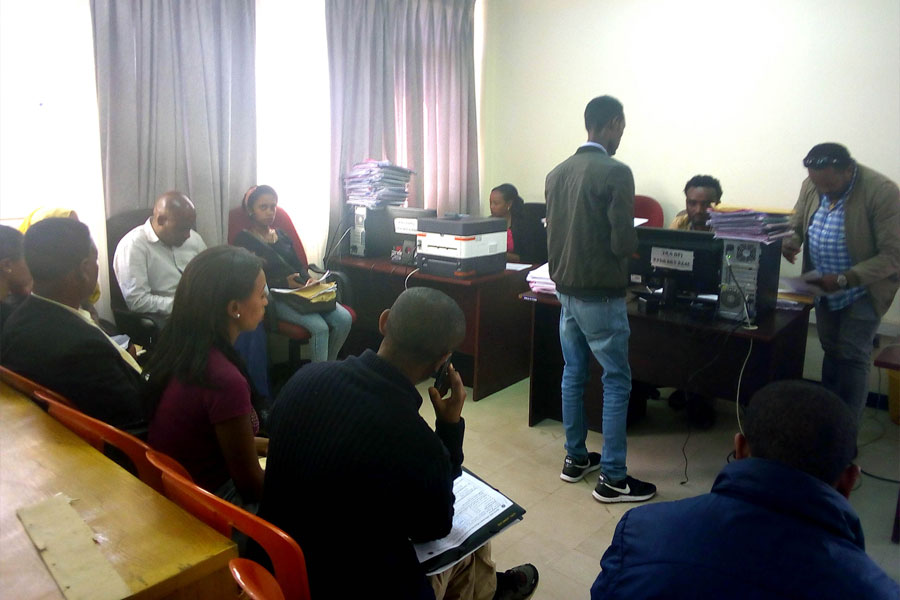
Jul 7 , 2024
By Diane Coyle
Despite the digital economy's promise of free services, it has also perfected the art of extracting money from us through obscure pricing and manipulative designs known as "dark patterns." These tactics make companies profit easily, while leaving consumers in the dark. The digital revolution has yet to deliver the household productivity breakthroughs seen with past innovations like the washing machine, which saved hours of labour for caregivers.
Despite the rapid proliferation of artificial intelligence (AI) chatbots and virtual assistants, finding an answer to a question that a company's software is not programmed to address can be frustrating. Searching through countless options on price-comparison websites for the best insurance policy or airline ticket can be equally exhausting. Yet, we tend to view this "time tax" as the cost of doing business in today's digitised global economy.
To be sure, we already spend much of our time online for both work and leisure. Internet users in the United States (US) spend roughly eight hours daily online on activities like video meetings, shopping, or watching shows and movies on streaming services. But, digital technologies also consume our waking hours in subtler ways, allowing companies to offload onto users tasks that their employees previously performed.
Consider, for example, the automated checkouts that allow us to scan and bag our groceries. This reduces the need to hire cashiers, enabling supermarket chains to save on wage costs, boost revenues, and enhance productivity. It might even save consumers some time by shortening queues. Still, this represents a shift from paid labour to unpaid work by customers. Or consider filing a tax return. Many Americans today use software like TurboTax to file their annual taxes. While this might save consumers time and money, enabling them to avoid paying for an accountant or tax expert, it also represents a shift from paid professionals to self-service.
These trends may provide an early indication of the potential labour-market disruption caused by large language models and machine learning. A 2023 study suggests that nearly 20pc of US workers, particularly high-income earners, are vulnerable to automation. But, a comprehensive assessment of the AI revolution's costs and benefits must also account for its impact on what economists call the "household account": our personal (unpaid) time and valuable but non-monetised domestic work.
While AI may help companies reduce costs and boost profit margins, these gains are not necessarily shared with consumers.
For example, are stores using automated checkouts charging lower prices or providing better service than their less automated counterparts?
There seems to be little evidence that these technologies have benefited consumers. While the digital economy has provided valuable free services, it has also enabled companies to extract money from users by obscuring prices and quality through overly complicated designs, "dark patterns" – interfaces meant to manipulate users into making poor decisions – and potentially collusive algorithmic pricing models.
The digital revolution has yet to deliver the household productivity breakthroughs seen with past innovations like the washing machine.
But, the real question is why digital innovation has not led to meaningful improvements in domestic productivity.
As the late physician and statistician Hans Rosling famously argued, the washing machine was one of humanity's greatest innovations because it saved caregivers – the vast majority of them women – a huge amount of time and effort. So far, the digital revolution has not produced a similar time-saving breakthrough.
One possible explanation is that the care economy is difficult to quantify. While it is well established that demand for care workers is growing across OECD countries, economic statistics do not capture the time devoted to care work. The US Bureau of Economic Analysis and the United Kingdom's Office for National Statistics occasionally publish household production figures, but policymakers and the media rarely pay attention to these data.
Fortunately, researchers are working to bridge this gap.
University of Kansas economist Misty Lee Heggeness, for example, is developing a "dashboard" of indicators on care work in the US. Similarly, the London-based Economic Statistics Centre of Excellence is exploring ways to analyze time-use data to measure household activity.
As MIT economist Erik Brynjolfsson has argued, a new "GDP-B" metric is required to capture the benefits of free digital services such as online search and email. Similarly, we need a measure – let us call it "GDP-H" – that accounts for activity in the unpaid economy. The goal of such a metric would be to provide an accurate picture of economic activity. At present, we overlook much of the value that technology creates or destroys simply because it is not monetised.
While measuring the frictions created by today's digital technologies remains challenging, they occupy an increasingly large portion of our daily lives. With AI-powered automation looming on the horizon, it is crucial to ensure that technological advances simplify life rather than complicate it and that the benefits are accessible to all. The AI industry must generate more value than it destroys to achieve this.
While major new technologies are always disruptive, their social acceptance hinges on their ability to improve people's lives meaningfully.
Diane Coyle, professor of public policy at the University of Cambridge, is the author of "Cogs & Monsters: What Economics Is, and What It Should Be." This article is provided by Project Syndicate (PS).
PUBLISHED ON
Jul 07,2024 [ VOL
25 , NO
1262]


Featured | Aug 24,2019

Verbatim | Aug 03,2019

Fortune News | Feb 26,2022

Life Matters | May 28,2022

Radar | Oct 07,2023

Radar | Apr 13,2019

Agenda | Nov 20,2021

Commentaries | Sep 06,2020

Editorial | Jun 07,2020

Editorial | Jul 23,2022

My Opinion | 131664 Views | Aug 14,2021

My Opinion | 128028 Views | Aug 21,2021

My Opinion | 125990 Views | Sep 10,2021

My Opinion | 123614 Views | Aug 07,2021

Dec 22 , 2024 . By TIZITA SHEWAFERAW
Charged with transforming colossal state-owned enterprises into modern and competitiv...

Aug 18 , 2024 . By AKSAH ITALO
Although predictable Yonas Zerihun's job in the ride-hailing service is not immune to...

Jul 28 , 2024 . By TIZITA SHEWAFERAW
Unhabitual, perhaps too many, Samuel Gebreyohannes, 38, used to occasionally enjoy a couple of beers at breakfast. However, he recently swit...

Jul 13 , 2024 . By AKSAH ITALO
Investors who rely on tractors, trucks, and field vehicles for commuting, transporting commodities, and f...

Jun 28 , 2025
Meseret Damtie, the assertive auditor general, has never been shy about naming names...

Jun 21 , 2025
A well-worn adage says, “Budget is not destiny, but it is direction.” Examining t...

Jun 14 , 2025
Yet again, the Horn of Africa is bracing for trouble. A region already frayed by wars...

Jun 7 , 2025
Few promises shine brighter in Addis Abeba than the pledge of a roof for every family...

Jun 29 , 2025
Addis Abeba's first rains have coincided with a sweeping rise in private school tuition, prompting the city's education...

Jun 29 , 2025 . By BEZAWIT HULUAGER
Central Bank Governor Mamo Mihretu claimed a bold reconfiguration of monetary policy...

Jun 29 , 2025 . By BEZAWIT HULUAGER
The federal government is betting on a sweeping overhaul of the driver licensing regi...

Jun 29 , 2025 . By NAHOM AYELE
Gadaa Bank has listed 1.2 million shares on the Ethiopian Securities Exchange (ESX),...